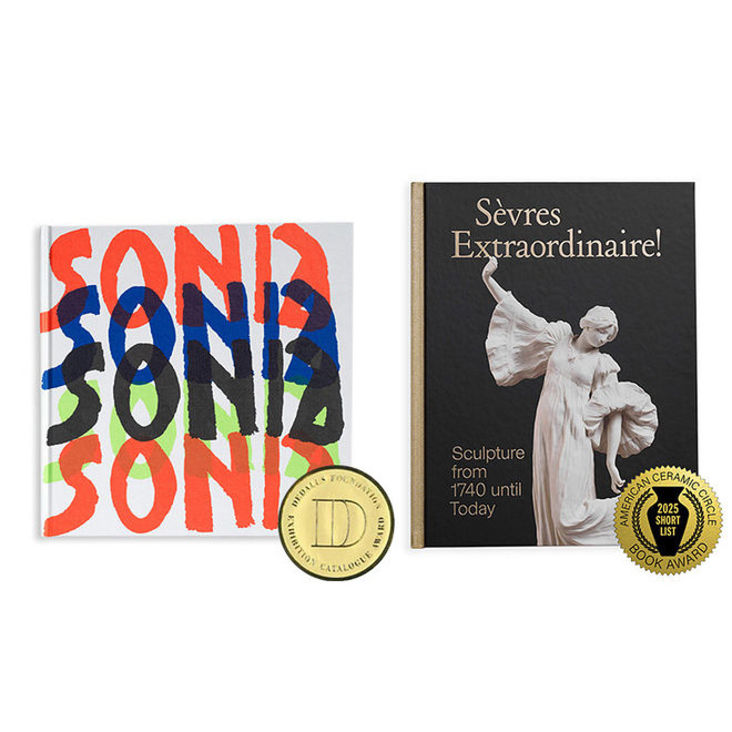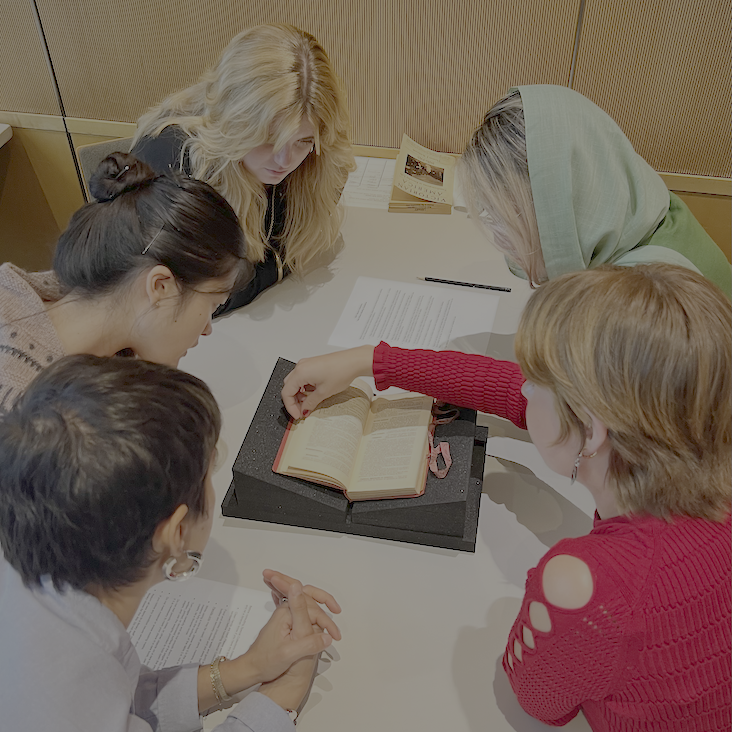“Keyword” panel discussions are a component of Bard Graduate Center’s multi-year Cultures of Conservation initiative generously funded by the Andrew W. Mellon Foundation. The panels bring together scholars and conservators to explore four conventional values in the field of conservation practice: preservation of the material object; reversibility/retreatability or visibility of the conservation treatment; attention to the physical and conceptual integrity of the original item; and respect for the intention of the maker or artist. Across a series of diverse case studies, speakers will unpack these key phrases to reveal how contemporary conservation projects both channel and challenge standard approaches to object-based research and museological treatment.
As New York City’s population boomed and urban expansion headed northward in the nineteenth century, the city’s landscape changed drastically. In 1853 the State Legislature set aside 750 acres (later extended) for what would become Central Park, an urban oasis and today one of the city’s most beloved attractions. The Park’s multilayered history will be examined by a panel of speakers representing the history, archaeology, urban studies, and preservation fields.
Christopher Nolan of the Central Park Conservancy introduced the role of the Conservancy in the preservation of the park and its current projects. Richard Hunter of Hunter Research spoke about the Randel markers project. This collaborative work uncovered material evidence of the city’s overarching grid, locating markers placed by surveyor John Randel Jr. for the Commissioners’ Plan of 1811. Nan Rothschild of Columbia University discussed Seneca Village, one of the settlements displaced by eminent domain, as part of our discussion of archaeological projects that have uncovered a lesser known layer of the park’s history. Hilary Ballon of New York University, spoke to issues involved in the preservation and interpretation of Central Park in the context of urban studies and architectural history.
Introduction
MODERATOR
Jessica Walthew
Andrew W. Mellon Fellow, Cultures of Conservation, Bard Graduate Center
PANELISTS
Christopher J. Nolan
Vice President for Planning, Design, and Construction, Central Park Conservancy
Richard W. Hunter
President, Hunter Research, Inc.
Nan A. Rothschild
Professor of Anthropology, Barnard College, Columbia University
Hilary Ballon
University Professor and Professor of Urban Studies and Architecture, Robert F. Wagner Graduate School of Public Service, New York University
Discussion
This event is part of our “Cultures of Conservation” initiative, supported by The Andrew W. Mellon Foundation.

_(1).jpg,1124x562,c)











